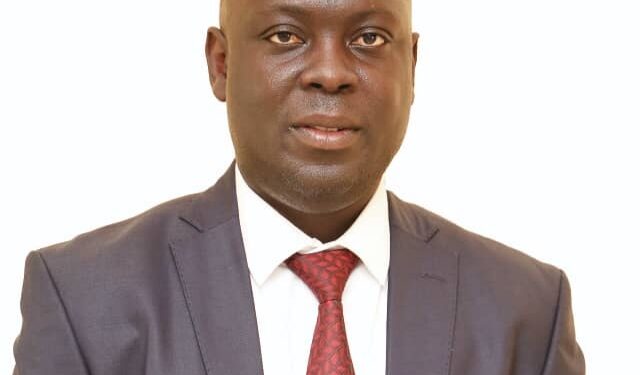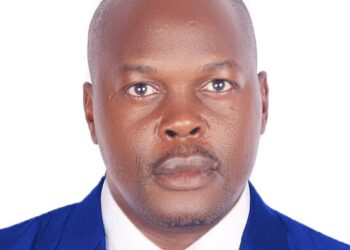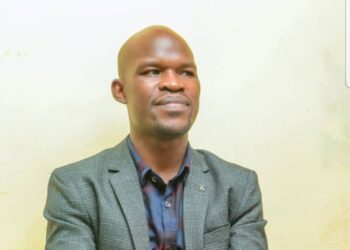37 years after H.E Gen. Yoweri Kaguta Museveni ascended to power, why are some people still surprised that he has stayed on for that long- strong, resilient and very relevant. I take this opportunity to congratulate H.E the President upon achieving this milestone which his predecessors missed by far. It’s not by accident but a consequence of and a reward for his sacrifices for Uganda-and Africa at large.
Make no mistake about it; every one of us possesses the power to shape their destiny in their hands and to determine the direction. For President Museveni, his clarity of purpose and sense of direction is naturally endowed, but he has infused willpower to keep him on course for these many years. That is his strength from his early days, but which many, disregarded. Nevertheless, he stayed the course and today we are talking of 37 years at the helm of Uganda where his predecessors combined managed only 24 years.
Other contemporary leaders are even faring worse, hardly able to contain the ever increasing pressure and demands on today’s leaders. For some, just holding on is a big task. Others shield behind Constitutional provisions that they use as excuses to escape the grueling protracted struggle to address the people’s emerging challenges.
President Museveni is a man of uncommon courage and strong convictions who takes risks and pursues national interests above his personal safety and comfort. Read that again! He is a result- oriented leader whose calling to politics is borne out of a deep and steadfast commitment to finding lasting solutions to challenges in society. He displays outstanding understanding of the historical and socioeconomic challenges of African societies and the world as a global village. This outlook inspired his direct involvement and prominence in the liberation struggles of Uganda, from which he emerged as the answer to the cries of Ugandans for a leader who understood them and could guarantee their presence on the world map.
While many complain about Museveni’s longevity in power, they fail to consider the fact that none of his predecessors went willingly. They all left sulking. Can somebody, for example, tell us when Amin or Dr. Obote intended to hand over power? Amin had even named himself “Life President.” Obote, after being deposed a second time spent his twenty years in exile hoping to come back and rule Uganda. QC Binaisa, on the other hand, is said to have sworn how sweet the chair was (entebe ewooma) but he could not hold on even for a year.
Therefore, judging from the above examples, it is not Museveni’s problem that those that came before him simply wanted power but neither knew how to treat it nor preserve it. It was power for the sake of it; they neither had legitimacy nor the ability to win Ugandans on their side. Also, recall that the young Museveni did not start gunning for power or positions as his gateway onto the national scene. He started off by identifying people’s problems and helping to solve them as a contribution to national transformation-this was mostly in Ankole among farmers whom he taught how to maximise benefits from their land and stock.
In his school days, again, he was less inclined to seeking positions than finding a niche to make a difference. Otherwise, I don’t see how, with his legendary oratory, willpower, clear-headedness and determination in pursuit of any cause he sets his sights on he wouldn’t have become Head Prefect of Ntare School, for instance. All I heard that he became was Chairman of the Scripture Union. At Dar-Es-Salaam University, he should have become the Guild President but, rather, he headed the University Students‘ African Revolutionary Front (USARF) which, as time has borne him out, was the most appropriate ground for his apprenticeship in leadership which enabled him explore his maverick potential, not bogged down by trappings of mass student leadership, which was, according to his own accounts recorded in his memoir titled: ‘Glimpses of the struggle between the revolution and reaction’,, was considerably uninspiring.
When he arrived at the College in July 1967 he was “almost immediately” disappointed. He found that the students were lacking in militancy “and were all hostile, not only to socialism, but even, at least some of them, to the whole questions of African Liberation”.
He goes on to say: “At any rate there was no clear, militant commitment on the part of the broad sections of the student body. Instead, most of our extra-curricular time was taken up by fibulous (frivolous) activities: drinking, dancing and watching decadent western films”. Thus, the young future record-breaking Ugandan leader sacrificed leisure time and “non-issues” to concentrate on forging a path to the front of liberating Africa.
Most of his peers of that time are no long with us while others are in oblivion because they went with the flow.
Again, in 1971 when Amin took power, Museveni, who was then employed in the President’s office as a researcher, did not hesitate putting aside his good job to flee into uncertainty in exile because he has foreseen that Uganda was headed for doom. It was the same thing in the early 1980s when he was a Minister and defacto Vice President and could have joined the Obote government on compromise but instead chose to head to the bush.
37 years after achieving victory, it is no surprise that President Museveni is still going strong and retains the same sense of direction as he always exhibited, except that this time he is enriched with experience, seniority and the mass support of Ugandans. That’s why rating him on the basis of age defies detractors, because advanced aged in individuals like Museveni is an asset rather than a “disability.”
A leader who specialises in observing society’s needs and problems and does not spare himself in finding solutions never expires!
The author is the Deputy Presidential Press Secretary
Contact: kirundaf2@gmail.com
0776980486/0702980486
Do you have a story in your community or an opinion to share with us: Email us at editorial@watchdoguganda.com













